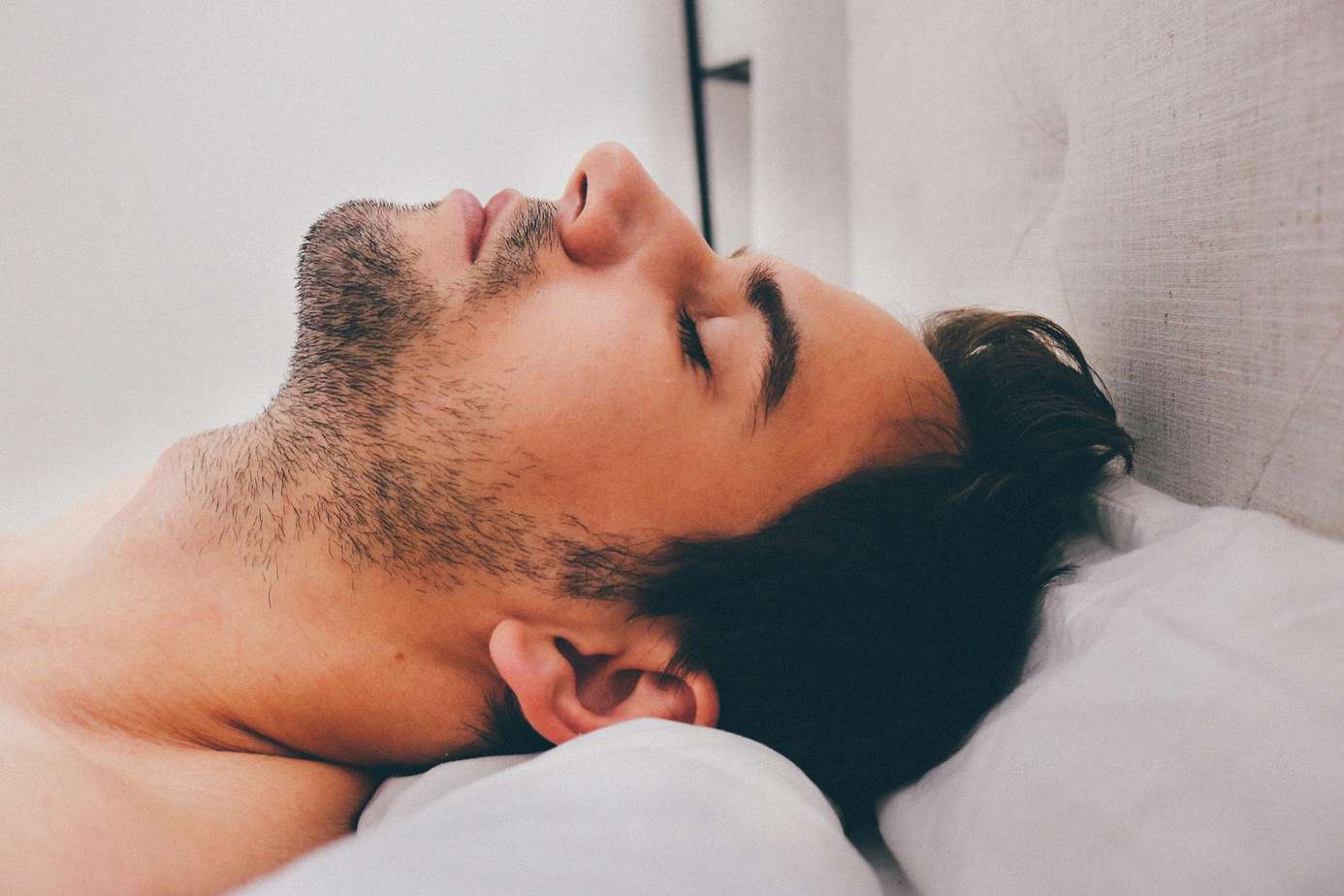Contents of Research Review
- Background & Objective
- What They Did
- What They Found
- Practical Takeaways
- Reviewer’s Comments
- About the Reviewer

Original study
Kayla McEwan, Jonathan Davy & Candice Jo-Anne Christie (2020) Get sleep or get stumped: sleep behaviour in elite South African cricket players during competition, Journal of Sports Sciences, 38:19, 2225-2235, DOI: 10.1080/02640414.2020.1776928
Background & Objective
Sleep is deemed essential for recovery and performance in elite sports, yet athletes often deprioritise it in comparison to other factors which may impact recovery. Poor sleep can lead to decrements in team sports performance, which may be further impacted by fixture congestion and travel.
Unlike other team-based sports, research into sleep behaviour and the effects on elite performance within cricket is sparse, especially in countries outside of Australia. Therefore, this study aimed to analyse sleep behaviour amongst South African cricket players and its influence on match performance
What They Did
During three tours (two home, one away), the sleep behaviour of twenty-six elite South African cricket players was monitored. Each player completed a chronotype (circadian rhythm), and sleep questionnaire, as well as an adapted nine-question sleep diary which included various measures such as bedtime, sleep onset time, sleep onset latency, wake-up time, and total sleep time. These variables were collected at the following time periods before and after a match:
- Night’s sleep after travelling (post-travel)
- Night’s sleep before (pre-match) and after a match (post-match)
- Night’s sleep 1 (day-one) and 2 (day-two) days after a match
Performance during each cricket match was determined by batting strike rate and bowling economy during one-day and Twenty20 matches, and by batting and bowling averages for Test matches.
What They Found
Twenty-one (84%) and four (16%) players reported “poor” and “average” sleep behaviour, respectively, over the data collection period. Regarding the performance variables, longer pre-match sleep onset time was associated with an increased batting strike rate. In addition, longer total sleep time and better sleep efficiency and quality were associated with an increased batting average. Finally, better pre-match subjective sleep quality scores were associated with increased bowling economy.
When compared to post-match measures, the pre-match measures showed that players:
- Had an earlier bedtime
- Spent more time in bed
- Had more total sleep
- Had more quality sleep
When compared to post-match, the post-travel measures showed that players:
- Had a later bedtime
- Spent less time in bed
- Had less total sleep
When compared to post-travel, the pre-match measures showed that players:
- Spent longer in bed
- Had more total sleep
Practical Takeaways
Educational workshops for athletes and coaches may be useful to teach individuals the importance of consistent sleep routines and environments, as well as methods of enhancing sleep behaviours like avoiding light-emitting technology and practising relaxation techniques.
Leading into competitive fixtures or tours, implementation of strategies to improve sleep behaviour, such as setting comfortable hotel room temperatures, providing ergonomic travel aids and reducing artificial lighting in bedrooms, may be beneficial. Such measures will provide athletes with the best chance of adopting optimal sleeping behaviours.
Inter-individual differences in sleep behaviour also highlight the importance of individualising support for elite athletes. For instance, it may be useful to allow athletes to self-administer wake-up and morning routines on days deemed most important (pre-match or postmatch) to match their individual chronotype.
Owen’s Comments
This study reiterates the importance of sleep on performance in elite sports. From my experience, educating athletes on the importance of sleep is an underrepresented topic and the information available to them is generally poor. Getting into poor sleeping habits can be easy. When combined with the psychological and physiological stressors that athletes may experience on days in and around competition, this may lead to on-field performance decrements.
With the global commercialisation of elite sport, individuals and teams spend an increasingly greater amount of time travelling across time zones, sleeping in hotels and playing late-night fixtures – all of which certainly do not lend themselves to better sleep behaviours. As such, my opinion would be that tapping into different means of offsetting these sleep-damaging factors is going to be really worthwhile (see podcast below).
Want to learn more?
Then check these out…
>> Read this article
>> Listen to this podcast
>> Read this infographic


